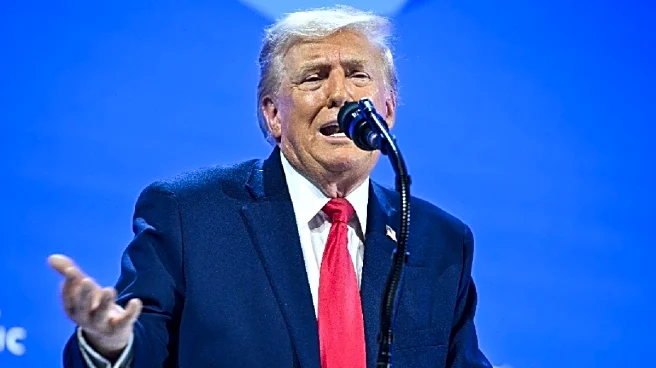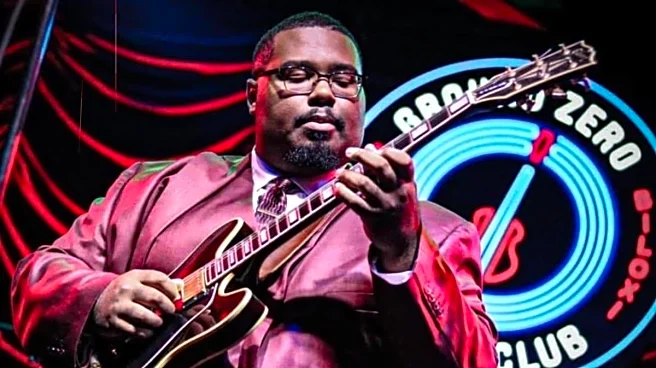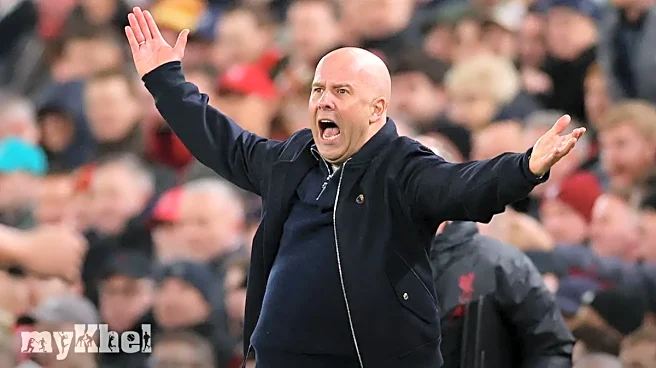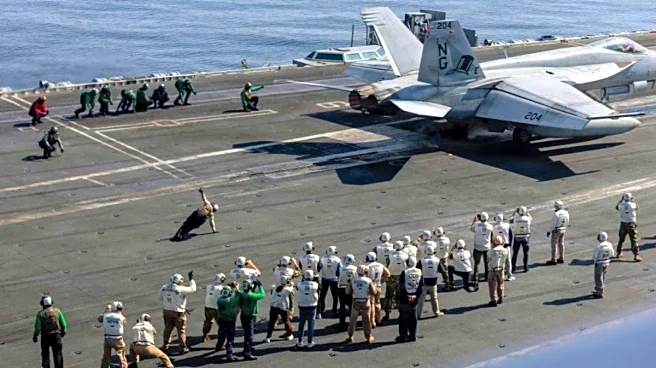What is the story about?
Tesla CEO Elon Musk has recently confirmed that production of the company’s fully autonomous Cybercab will begin in the second quarter of 2026 at Giga Texas. He made the announcement during Tesla’s Q3 2025 earnings call, calling it “the single biggest expansion in production.”
The Cybercab, first unveiled in October 2024, is a two-seater robotaxi designed for full autonomy and built without a steering wheel or pedals. Musk reaffirmed that the production model will not include manual controls, addressing rumours that circulated after images of prototypes with steering wheels appeared online.
“The Cybercab will not have a steering wheel or pedals,” Musk said, explaining that the vehicles seen in photos were early test versions or unrelated units.
Initially targeted for late 2025 or early 2026, Cybercab production was moved to mid-2026 as Tesla continues testing at its Fremont facility and finalises crash safety assessments. Musk said the vehicle is “optimized for full autonomy” and focuses on lowering the total cost per mile of operation.
The Cybercab is central to Tesla’s robotaxi plans and its long-term goal of a driverless ride-hailing network. The vehicle, expected to be priced between $25,000 and $30,000, is designed to operate without human supervision. Tesla has recently accelerated hiring for the Cybercab program, signalling progress after months of development.
Musk projected that the Cybercab could help raise Tesla’s total vehicle production to around 3 million units by 2028, up from current utilisation levels of roughly 75% of the company’s existing capacity. He also said Tesla plans to ramp up production quickly once suppliers can meet demand.
During the earnings call, Musk and other Tesla executives avoided discussion of new vehicle models, focusing instead on autonomous driving, Full Self-Driving (FSD) software, and AI initiatives. Musk said achieving unsupervised FSD remains a priority and expressed confidence that autonomy will drive future vehicle demand.
Industry analysts view the announcement as a sign of Tesla’s confidence in its AI and autonomy strategy, though the company still faces regulatory and validation hurdles before launching a driverless service. If successful, the Cybercab will mark a key step in Tesla’s transition from an electric car manufacturer to an autonomous mobility provider.
The Cybercab, first unveiled in October 2024, is a two-seater robotaxi designed for full autonomy and built without a steering wheel or pedals. Musk reaffirmed that the production model will not include manual controls, addressing rumours that circulated after images of prototypes with steering wheels appeared online.
“The Cybercab will not have a steering wheel or pedals,” Musk said, explaining that the vehicles seen in photos were early test versions or unrelated units.
Initially targeted for late 2025 or early 2026, Cybercab production was moved to mid-2026 as Tesla continues testing at its Fremont facility and finalises crash safety assessments. Musk said the vehicle is “optimized for full autonomy” and focuses on lowering the total cost per mile of operation.
The Cybercab is central to Tesla’s robotaxi plans and its long-term goal of a driverless ride-hailing network. The vehicle, expected to be priced between $25,000 and $30,000, is designed to operate without human supervision. Tesla has recently accelerated hiring for the Cybercab program, signalling progress after months of development.
Musk projected that the Cybercab could help raise Tesla’s total vehicle production to around 3 million units by 2028, up from current utilisation levels of roughly 75% of the company’s existing capacity. He also said Tesla plans to ramp up production quickly once suppliers can meet demand.
During the earnings call, Musk and other Tesla executives avoided discussion of new vehicle models, focusing instead on autonomous driving, Full Self-Driving (FSD) software, and AI initiatives. Musk said achieving unsupervised FSD remains a priority and expressed confidence that autonomy will drive future vehicle demand.
Industry analysts view the announcement as a sign of Tesla’s confidence in its AI and autonomy strategy, though the company still faces regulatory and validation hurdles before launching a driverless service. If successful, the Cybercab will mark a key step in Tesla’s transition from an electric car manufacturer to an autonomous mobility provider.
/images/ppid_59c68470-image-176130253037796533.webp)















